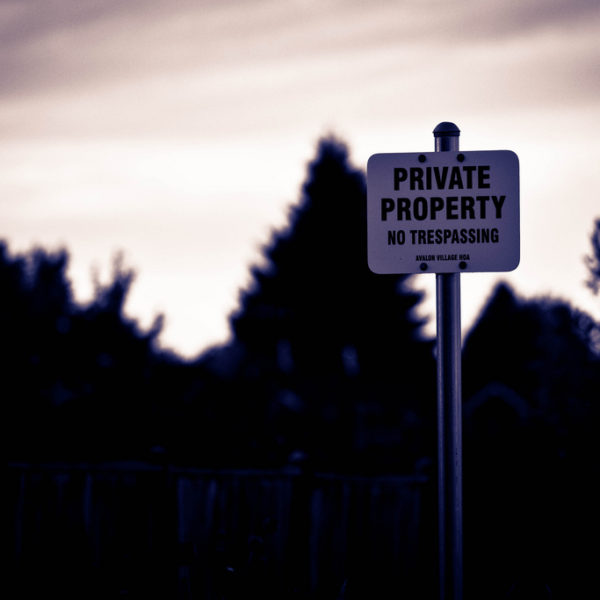
Earlier this week, two prominent Catholic political bloggers, Elizabeth Stoker Bruenig and Pascal-Emmanuel Gobry (better known as Pegobry, or just PEG), engaged in a short but sharp exchange on the subject of property rights (see here, here, here, and here). There is not space here for a full discussion (see a longer version of this post here if you are interested in more), but I will seek to add some insight from Thomas Aquinas, who has perhaps done more than anyone to inform the Catholic Church’s reflection on these issues.

Currently there are about 100 prisoners in Guantanamo Bay Detention on hunger strike (89 of whom have been determined to be innocent of accusations but not released and some of whom have been on hunger strike for more than 106 days) and an estimated “2,493 inmates in 15 state prisons are participating in a mass hunger strike” (Democracy Now 7/17/13). At Gitmo, periodic hunger strikes have been going on for a number of years, prisoners are protesting unlawful imprisonment, cruel treatment and lack of transparency; many prisoners are being force fed.

As on so many issues that divide left-wing and right-wing Christians, the Bible seems frustratingly pliable when it comes to the issue of property rights. Conservative Christians like to assert that the Bible takes private property for granted, that the Eighth Commandment demonstrates it to be a “divine institution” or a “sacred right,” and that the many examples of wealthy patriarchs prove not only private property, but large accumulations of it, have divine sanction. Those more inclined toward some kind of Christian socialism like to point out Jesus’s very harsh strictures on the accumulation of wealth and the assertion of private property rights, and the early Jerusalem community’s practice of “having all things in common.” As so often happens, we seem to be faced with something of an Old Testament/New Testament divide, in which the Old Testament bolsters a conservative agenda, and the New Testament a liberal one. Is the Bible thus divided against itself?

Maybe it’s strange to think about political theology at a wedding ceremony. But political theology was on my mind a few years ago, when I attended the wedding of a same-sex couple in my extended family. The recent victories for marriage equality in Maine, Maryland, and Washington have me thinking about political theology again. I had a Thomist epiphany at that wedding years ago, and as the levees blocking marriage equality seem ready to break, I’d like to share that experience…
